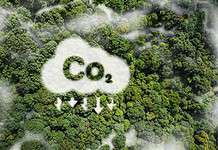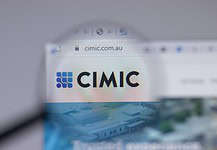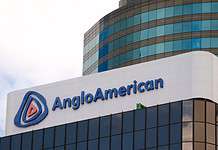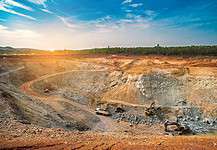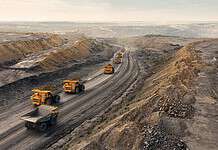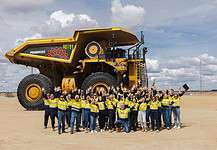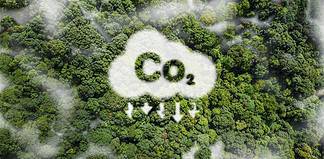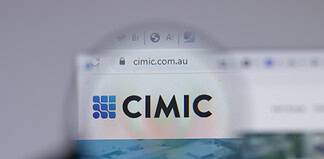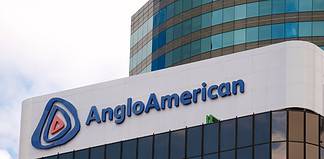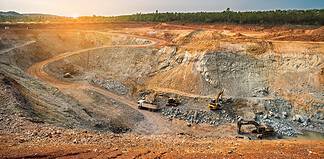WA invests $4m for carbon capture hub

The WA State Government will invest more than $4m to establish a carbon capture, utilisation and storage (CCUS) industry in the state.
CCUS involves capturing and storing carbon dioxide to reduce emissions from industrial-scale processes and projects, and it will play an important role in decarbonising hard-to-abate industries across the world.
Commissioned and co-funded by the WA LNG Jobs Taskforce and undertaken by CSIRO and the Global CCS Institute, the study found WA is capable of storing its own carbon and turning existing infrastructure into CCUS hubs.
To help progress CCUS in WA, the State Government will invest $4.3m towards a CCUS action plan, putting WA at the forefront of the industry globally.
The action plan will aim to accelerate deployment of proven CCUS technologies in WA, support research into new CCUS technology and attract investment.
WA Mines and Petroleum Minister Bill Johnston commented on the CCUS industry.
“Carbon capture, utilisation and storage will provide WA’s industrial and mining industries with access to opportunities to decarbonise,” he said.
“Understanding the benefits of developing one or more CCUS hubs, and developing legislation to facilitate greenhouse gas transportation and storage, is important for our state’s future.”
Green Energy Transition
Oil and gas company bp has reached a major milestone as its H2Kwinana project enters front end engineering and design.
This milestone follows a successful feasibility study into the clean hydrogen hub which identified a potential growth target of 429tpd of hydrogen once operational.
There is potential for H2Kwinana to have 100mw of electrolyser capacity at the site as well as installation of hydrogen storage, compression and truck loading facilities.
WA Premier Roger Cook says H2Kwinana will drive renewable energy in the state.
“H2Kwinana continues to make excellent progress towards becoming WA’s new clean hydrogen hub,” he said.
“Clean hydrogen has the potential to be WA’s next big industry — supporting thousands of local jobs and securing our economic strength long into the future.”
First hydrogen production from H2Kwinana is expected from 2026.
To attract global-scale clean energy projects, the WA Government has introduced a new industrial lease incentive scheme worth an estimated $160m to WA’s strategic industrial areas (SIAs).
Significant costs and risks can be experienced by first movers to SIAs, and the scheme aims to support foundation projects critical to the State’s future.
$160m Incentive Scheme
The program will deliver a rebate on lease fees and rent waiver for a set period for proponents, and it will be available for projects in the Shotts, Maitland, Anketell, Oakajee, Mungari and Boodarie SIAs.
Projects with a capital cost of $1b or more are eligible to apply, and projects will be required to make a final investment decision by June 30, 2028.
Mr Cook commented on the scheme.
“This scheme will ensure we can secure multi-billion projects that will create thousands of ongoing jobs for Western Australians in the industries of the future,” he said.
“It will give our State a leg-up in attracting large-scale clean hydrogen, green steel, critical minerals processing and renewable energy projects.”


